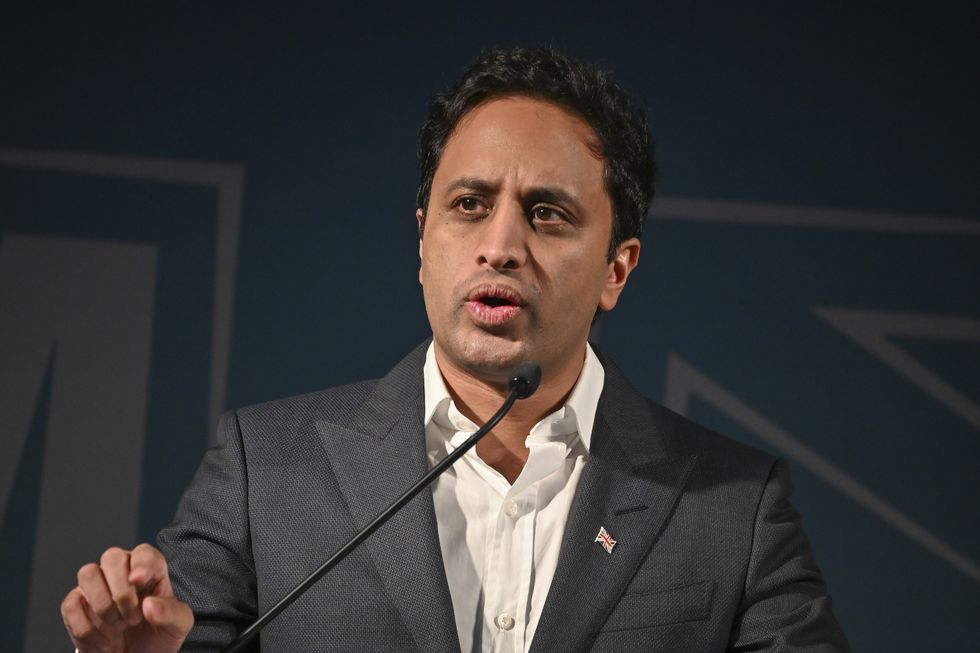PAKISTAN has legally authorised its army-run spy agency to tap telephone calls and messages, further strengthening its key role in the politics of a nation ruled by military regimes for almost half its independent history.
The powerful military plays an oversized role in making and breaking governments in Pakistan, where the new powers for its Inter-Services Intelligence (ISI) agency provoked outcry from the opposition and on social media.
Law Minister Azam Nazeer Tarar told parliament the ministry of information technology and telecommunications had been advised of the change in a July 8 notice.
"Anyone who misuses the law will face action," Tarar said on Tuesday, adding that the measure would be restricted to tracking criminal and terrorist activities and the government would ensure it did not infringe people's lives and privacy.
"The federal government in the interest of national security and in the apprehension of any offence, is pleased to authorise officers ... to intercept calls and messages or to trace calls through any telecoms system," said the notice, seen by Reuters.
The move was opposed in parliament by the opposition Pakistan Tehreek-e-Insaf (PTI) party of jailed former Prime Minister Imran Khan.
Khan had previously backed the ISI's surveillance of politicians' telephone calls, or even his own, in the absence of legal authorisation.
A leader of the party, Omar Ayub Khan, said the agency would wield its powers even against government lawmakers, and vowed that his party would mount a court challenge.
The army's Inter-Services Public Relations Wing (ISPR) did not respond to a request for comment from Reuters.
"Is what is `legal` also constitutional or right?" Farieha Aziz of rights advocacy group Bolo Bhi asked on X. (Reuters)




















 Zia Yusuf
Zia Yusuf
 Sunak with Boris Johnson
Sunak with Boris Johnson Sunak with Suella Braverman
Sunak with Suella Braverman